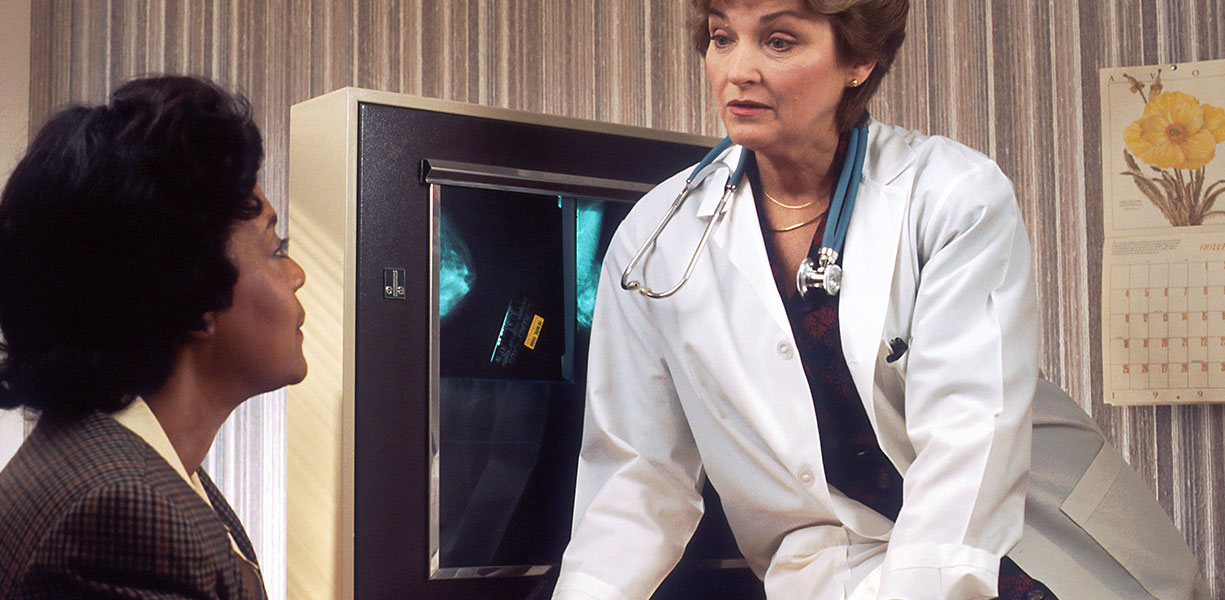Patient’s informed consent to medical intervention
In domestic judicial practice, the number of lawsuits that are conducted due to medical error is increasing. The basis for awarding compensation in these proceedings may also be a violation of the patient’s right to consent to a medical intervention. Judicial practice has shown that compensation is awarded even when the patient’s body is not harmed during the intervention.
In order to better inform patients, we will briefly outline their basic rights in this area.
The patient has the right to freely decide on everything concerning his life and health, except in cases where it directly threatens the life and health of other persons. Without the patient’s consent, as a rule, no medical intervention may be taken on him. Medical intervention against the will of the patient, the legal representative of a child or of a patient deprived of legal capacity, can be taken only in exceptional cases, which are established by law and which are in accordance with medical ethics.
The patient can give consent to the proposed medical intervention explicitly (verbally or in writing) or tacitly (if not explicitly objected). In order to undertake the proposed invasive diagnostic and therapeutic medical intervention, the written consent of the patient or his legal representative is necessary. The consent to the proposed medical intervention can be revoked by the patient (verbally or in writing), until its implementation begins, as well as during the duration of the treatment. The patient has the right to designate a person who will give consent on his behalf, i.e. who will be informed about taking medical interventions, in case the patient becomes incapable of making a decision about consent.
However, the patient is not bound by consent that is not preceded by the notice he needs in order to make a decision to consent or not to consent to the proposed medical intervention. The competent healthcare worker is obliged to give this notice to the patient even without asking, and it includes:
– diagnosis and prognosis of the disease;
– brief description, goal and benefit of the proposed medical intervention, duration and possible consequences of taking or not taking the proposed medical intervention;
– the type and probability of possible risks, painful and other secondary or permanent consequences;
– alternative methods of treatment;
– possible changes in the patient’s condition after undertaking the proposed medical intervention, as well as possible necessary changes in the patient’s lifestyle;
– effect of drugs and possible secondary consequences of that effect.
The notice is given verbally and in a way that is understandable to the patient, taking into account his age, education and emotional state, and if it is estimated that the patient, for any reason, does not understand the given notice, the notice can be given to an immediate family member. It is important to note that the burden of proving the existence of the notice is on the medical institution or doctor, which greatly facilitates the position of patients in court cases.
The patient, who is capable of reasoning, has the right to refuse the proposed medical intervention, even if it saves or maintains his life.
There are also certain situations when the patient’s consent is not required, i.e. when consent can be given by someone else instead of the patient:
– on a patient who is unconscious or for other reasons is unable to communicate his consent, an emergency medical intervention can be taken without his consent, of which the immediate family members will be informed, whenever possible;
– if the legal representative of the child, i.e. the patient deprived of legal capacity is not available or refuses the proposed emergency medical intervention, the emergency medical intervention can be taken, – if it is in the best interest of the patient;
– if during the operation there is a need for its expansion, which could not have been assumed, the expansion of the operation can only be performed if, based on the assessment of the medical doctor or dentist – undertaking the procedure, it is urgently needed;
– if the patient is a child or is deprived of legal capacity, a medical intervention can be taken, with the consent of his legal representative, who has been informed in advance;
– a child who has reached the age of 15 and is capable of reasoning can independently give consent to the proposed medical intervention, with prior notice, and if he refuses the proposed medical intervention,
– the competent health worker is obliged to request consent from the legal representative.
It is important for patients to be aware of their rights, both before taking a certain medical intervention and afterwards, in order to exercise their right to compensation in court in the event of their violation.

